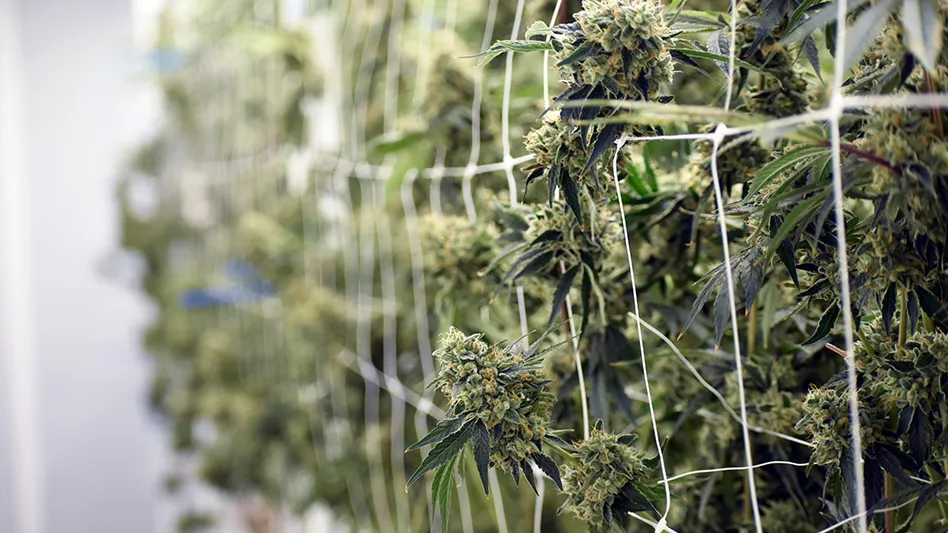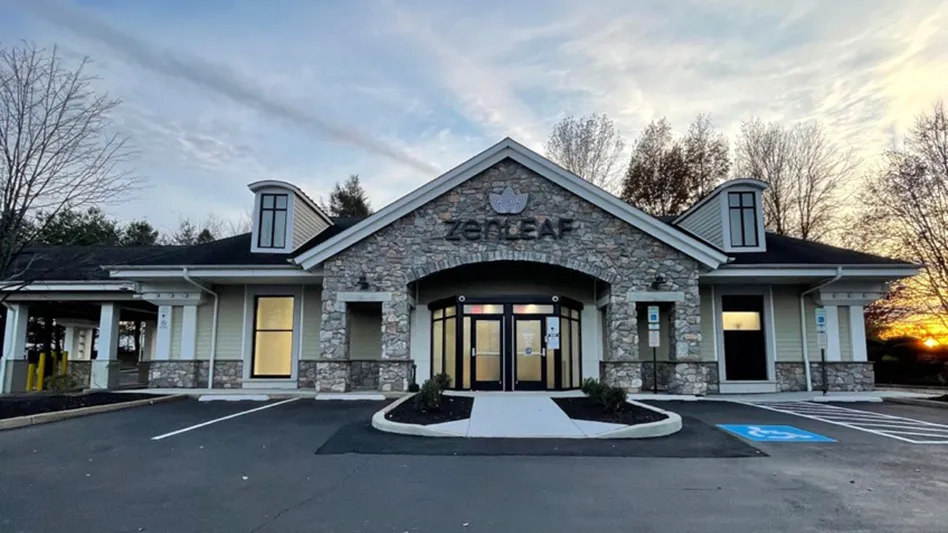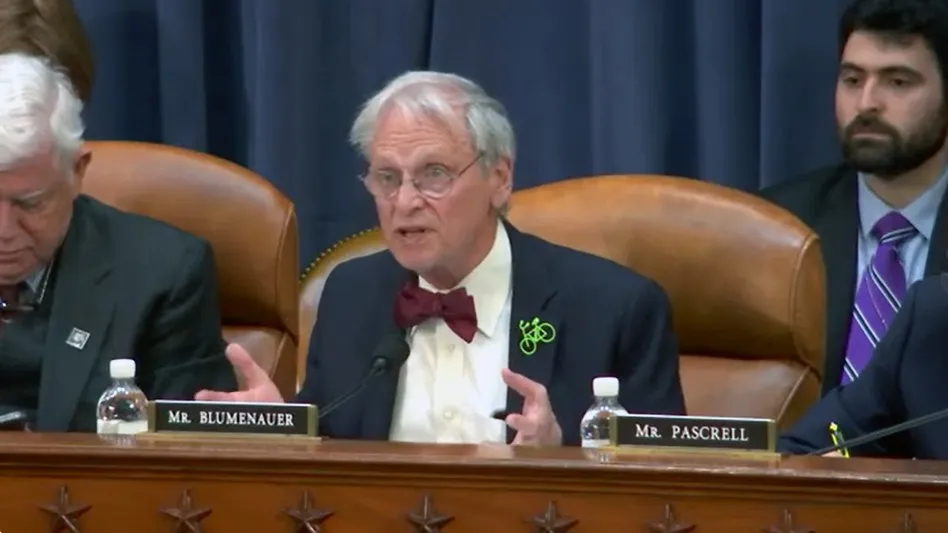
Tony Lange | Cannabis Business Times
A citizen-led initiative to legalize adult-use cannabis in Ohio came just shy of the required signatures to land on the November 2023 ballot, but the fight is not over.
Secretary of State Frank LaRose informed legalization advocates with the Coalition to Regulate Marijuana Like Alcohol (CRMLA) that among the 223,176 signatures they submitted July 5, nearly 100,000 were invalid, leaving the effort 679 signatures short of what’s needed to appear before Ohio voters.
Overall, 45% of the submitted signatures were rejected based on insufficiencies, whether that be they were from people who are not registered to vote in Ohio or the information provided was incomplete or illegible.
“These results, recorded on the enclosed document, indicate that petitioners filed an insufficient number of valid signatures,” LaRose wrote July 25. “Petitioners are entitled to 10 additional days from issuance of this notification to file additional valid signatures.”
In addition to the overall signature threshold, Ohio ballot petitioners also must collect 1.5% of the total votes cast for governor on a county-by-county basis for at least 44 of Ohio’s 88 counties. CRMLA organizers did satisfy that benchmark with the necessary signatures gathered in 49 counties, including 14,073 signatures in Cuyahoga (Cleveland), 26,090 in Franklin (Columbus), and 18,097 in Hamilton (Cincinnati).
Now, with the 10-day window to make up the 679-signature difference, CRMLA spokesperson Tom Haren said he doesn’t forecast any hiccups in gathering the additional support from Ohio voters.
“It looks like we came up a little short in this first phase, but now we have 10 days to find just 679 voters to sign a supplemental petition—this is going to be easy, because a majority of Ohioans support our proposal to regulate and tax adult-use marijuana,” Haren said in a press release provided to Cannabis Business Times.
A poll that was released in September 2022 by Spectrum News, in partnership with the Siena College Research Institute, revealed that 60% of Ohioans supported legalizing adult-use cannabis at that time while 37% opposed it. Currently, 23 states have legalized adult-use cannabis in the nation.
Should the CRMLA initiative, “An Act to Control and Regulate Adult Use Cannabis,” land on the November 2023 ballot, it would need a simple majority to pass rather than the proposed 60% supermajority proposed via Issue 1, which will go before voters in a special election Aug. 8. This is because Issue 1 specifically addresses constitutional ballot measures: The CRMLA initiative is a state statutory measure that only aims to change the Ohio Revised Code.
Support for cannabis reform in Ohio comes nearly eight years after the state’s voters defeated a 2015 legalization initiative with 64% in opposition. Those results came following the majority of Ohio daily newspapers endorsing a no vote on the issue, as editorial teams throughout the state echoed the monopoly concerns pushed by state lawmakers.
But the current battle to put a cannabis legalization question before Ohio voters in 2023 is a continuation of last year, when CRMLA organizers suspended their 2022 ballot campaign following a legal clash with Ohio GOP leaders, notably former Ohio House Speaker Bob Cupp and current Senate President Matt Huffman.
RELATED: Ohio GOP Leaders Win Battle to Keep Cannabis Legalization Off 2022 Ballot
Part of a settlement between legalization advocates and state lawmakers in 2022 allowed CRMLA advocates to preserve their gathered signatures to include for this year’s push.
The coalition’s proposed statute seeks to allow adults 21 and older to purchase and possess up to 2.5 ounces of cannabis (or 15 grams of extract) and grow up to six plants per person or 12 plants per household.
In addition, the proposal aims to impose a 10% tax on cannabis sales, with revenue going toward state costs to run a legalized program; substance abuse and addiction treatment programs; supporting municipalities with dispensaries; and social equity and jobs programs.
While the state’s existing medical cannabis operators would be grandfathered into a forthcoming adult-use program, the proposed statute would require an additional 40 adult-use cultivator licenses and 50 adult-use dispensary licenses to be issued “with a preference to applications who are participants under the cannabis social equity and jobs program.”
The statute would also authorize a Division of Cannabis Control—to be established within the Department of Commerce—to issue additional adult-use cannabis licenses 24 months after the first adult-use operator license is issued.
2023-07-25 - Marijuana Final Signature Count Spreadsheet by Tony Lange on Scribd
Latest from Cannabis Business Times
- Verano Opens MÜV Haines City, Company’s 75th Florida Dispensary
- Ascend Wellness Holdings Reports $142.4M Net Revenue for Q1 2024
- Trulieve Reports $298M in Revenue for 1st Quarter 2024
- SNDL Reports 1st Quarter 2024 Financial, Operational Results
- Leading Cannabis Brand STIIIZY Expands Retail Presence With Fresno Location Opening Saturday, May 11
- The Cannabist Co. Reports 1st Quarter 2024 Results
- Green Thumb Reports $276M Revenue for 1st Quarter 2024
- Colorado Legislature Gives Final Approval to Measure Aimed at Streamlining Marijuana Regulations





